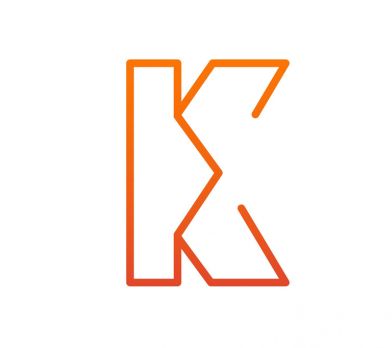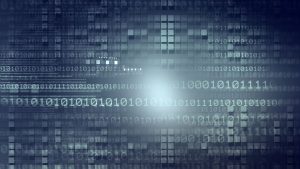In recent years, the gig economy has emerged as a significant part of the global workforce, characterized by short-term contracts or freelance work as opposed to permanent jobs. A notable area within this economic model is data labeling, a process essential for training machine learning models. This sector offers vast opportunities for remote work and flexible employment, allowing individuals to participate in tasks from anywhere in the world. This article explores how data labeling jobs within the gig economy promote work-life balance and economic independence, highlighting their role in the broader technological landscape.
The Importance of Data Labeling
Data labeling involves tagging or categorizing raw data, such as images, text, or videos, so that machine learning algorithms can understand and learn from it. It's a foundational step in developing accurate and efficient AI systems. From autonomous vehicles to personalized shopping experiences, the quality of labeled data directly impacts the performance and reliability of AI applications.
Data Labeling in the Gig Economy
The gig economy's rise aligns perfectly with the growing demand for data labeling services. With an internet connection and a computer, anyone with basic technical skills can contribute to projects requiring data annotation. This work flexibility is particularly appealing for those seeking to balance other life commitments with earning opportunities. Here are key aspects of data labeling in the gig economy:
Accessibility and Inclusivity
Remote data labeling tasks remove geographical barriers to employment, opening up opportunities for people in less economically developed areas. This inclusivity fosters a diverse workforce contributing to various AI projects worldwide.
Flexibility and Work-Life Balance
Data labeling gigs allow workers to choose their schedules, offering unprecedented flexibility. This adaptability is ideal for students, caregivers, or individuals with other primary occupations, enabling them to manage work alongside personal responsibilities effectively.
Economic Independence
For many, gig work in data labeling can be a stepping stone towards economic independence. It provides a viable income source without the constraints of traditional employment, such as fixed hours and long commutes. Moreover, it can serve as a gateway to more advanced technical roles, as individuals gain experience and familiarity with AI concepts.
Challenges & Considerations
While data labeling gigs offer numerous benefits, there are challenges to consider. Job security, lack of benefits, and variable income can pose risks for those relying solely on gig work. Additionally, ensuring the quality and consistency of labeled data across a diverse and dispersed workforce requires robust quality control measures.
Data labeling in the gig economy represents a symbiotic relationship between technological advancement and modern work practices. It not only supports the development of AI technologies but also provides flexible, accessible employment opportunities for a wide range of individuals. As the gig economy continues to evolve, it's imperative to address its challenges to maximize its potential benefits for workers and the technology sector alike. Ensuring fair compensation, job security, and career development opportunities will be crucial in making data labeling gigs a reliably beneficial component of the global workforce.
Kotwel is a reliable data service provider, offering custom AI solutions and high-quality AI training data for companies worldwide. Data services at Kotwel include data collection, data labeling (data annotation) and data validation that help get more out of your algorithms by generating, labeling and validating unique and high-quality training data, specifically tailored to your needs.
Frequently Asked Questions
You might be interested in:
Effective data preprocessing is pivotal in the development of AI and machine learning models. It ensures the raw data you collect is transformed into a format that algorithms can efficiently process to generate accurate predictions. This guide covers the fundamental steps of data preprocessing: […]
Read MoreComputer Vision is a subset of artificial intelligence (AI) that equips computers with the capability to see, understand, and interpret the visual world. Utilizing digital images from cameras and videos along with deep learning models, machines can accurately identify and classify objects, responding based […]
Read MoreDeep learning has revolutionized the field of computer vision, offering robust solutions that mimic human visual perception abilities. This technology is now fundamental in various industries, from enhancing healthcare diagnostics to powering autonomous vehicles. Here’s how deep learning is applied across different sectors: Healthcare […]
Read More




